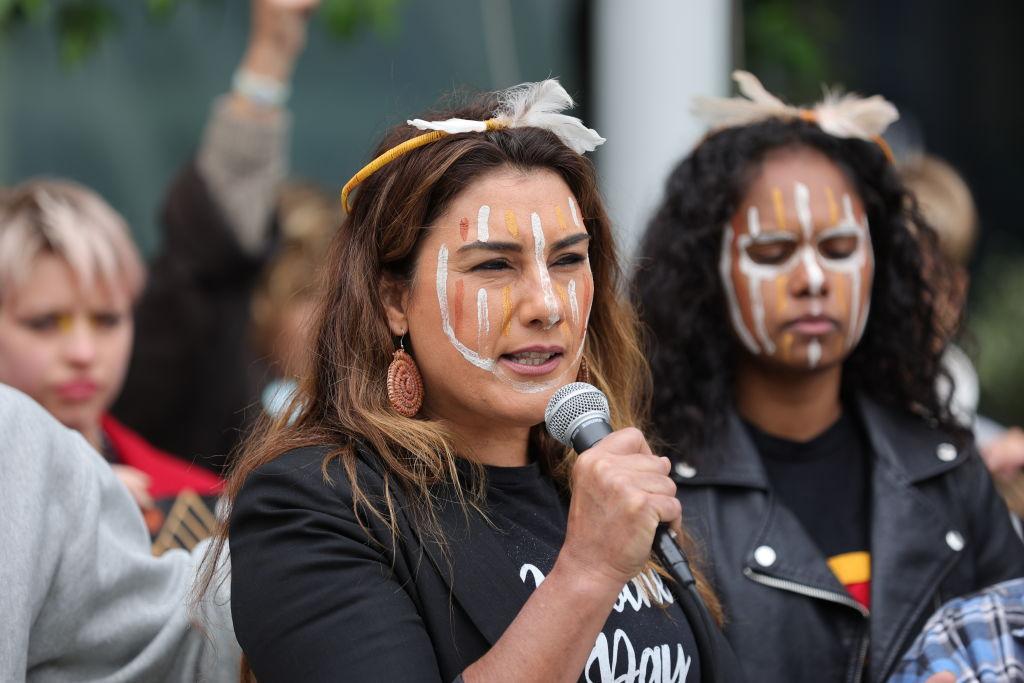The federal government’s next steps towards a First Nations Voice to Parliament and Constitutional Recognition have been criticised by Independent Senator Lidia Thorpe, who said that no advisory body is going to deliver the real-world action Indigenous Australians need.
Thorpe, who is a Gunai, Gunditjmara and Djab Wurrung mother and grandmother, said that Prime Minister Anthony Albanese’s comment that Australia can’t keep doing the same thing was strange given that is what the Labor government was doing.




